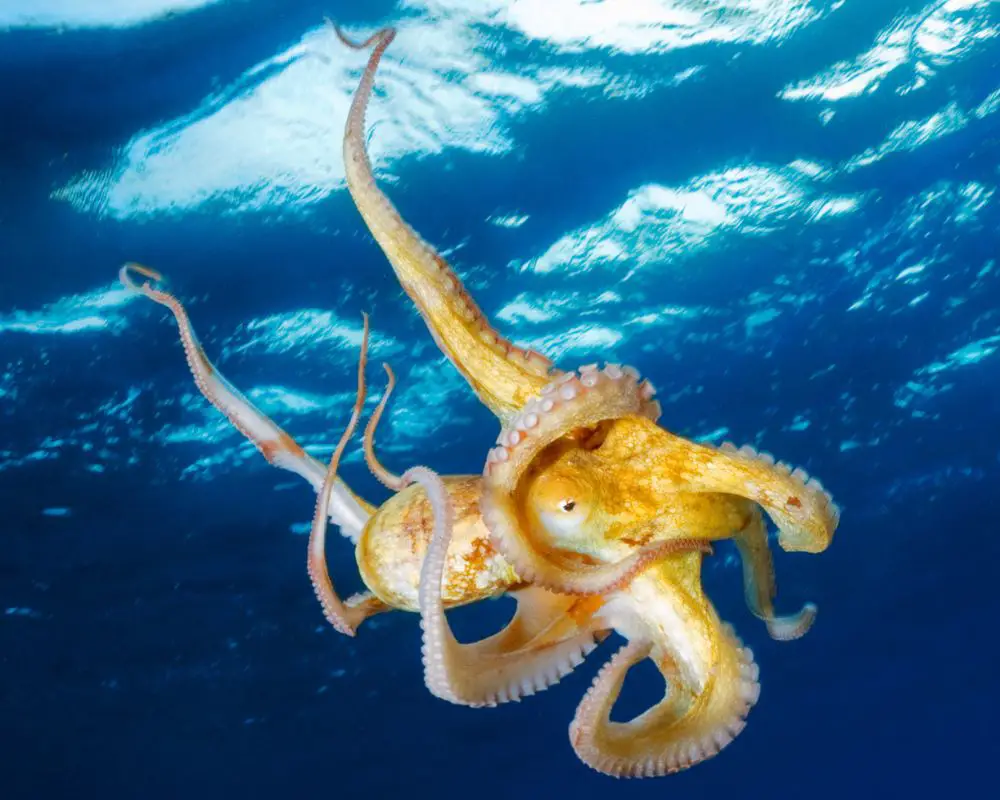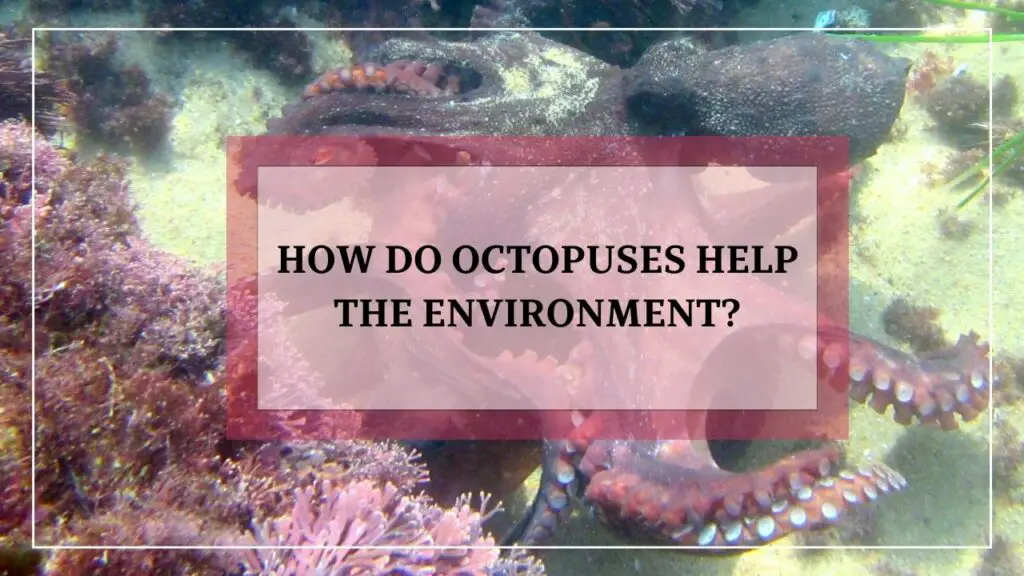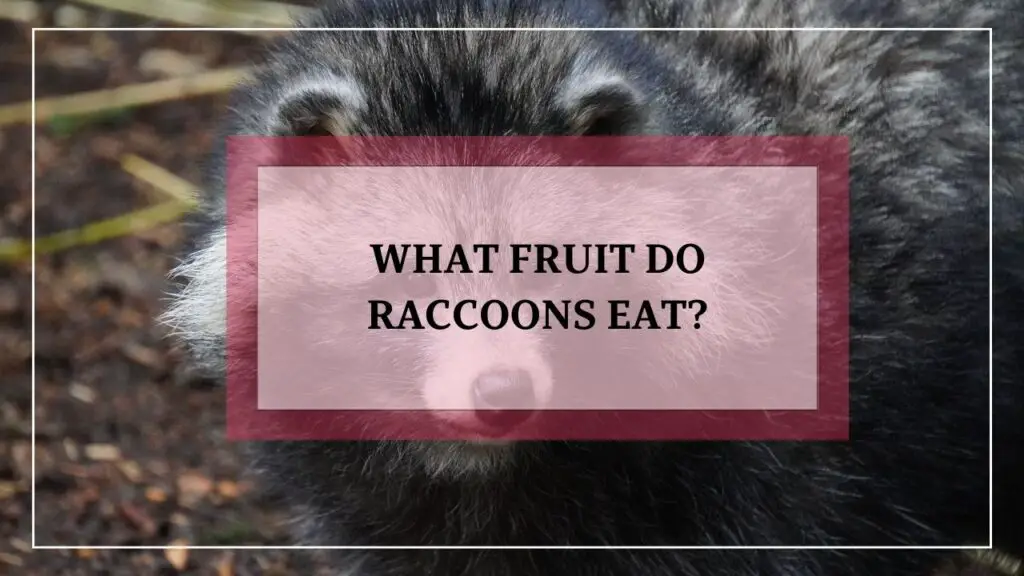Have you ever wondered how incredible creatures like octopuses help the environment? Well, today we’re going to dive into the underwater world and explore the fascinating ways in which octopuses play a crucial role in keeping our oceans healthy and balanced.
So, how do octopuses help the environment? Octopuses, with their incredible abilities and unique behaviors, actually contribute a lot to the underwater ecosystem. They are skilled hunters, helping to control the populations of other marine animals. Eating certain animals, prevent them from becoming too abundant and causing problems.
Octopuses also have a remarkable talent for blending into their surroundings, which helps them hide from predators and catch their own food. Plus, their burrows and hiding spots provide shelter for other marine creatures.
In simpler terms, think of octopuses as nature’s secret agents, maintaining order and balance in the underwater world. Now, let’s explore more about these amazing creatures and the vital role they play in our oceans!
Ecological Importance of Octopuses

Are you ready to learn why they are such important players in the marine world? Let’s dive right in and discover their ecological superpowers!
Finding Octopuses In The Ocean’s Hide-And-Seek Game
So, where can we find these elusive creatures? Octopuses are like the skilled ninjas of the sea, hiding in various corners of the world’s oceans. From the coral reefs of the tropics to the chilly depths of the Arctic and Antarctic, these cephalopods are true masters of camouflage.
But wait, what’s camouflage, you ask? Well, it’s like wearing a magical invisibility cloak! Octopuses have the incredible ability to change the color and texture of their skin to match their surroundings, making them almost invisible. Imagine if you could change your appearance to blend in with your bedroom walls or the trees in the park. Cool, right?
Hunting With Style: Octopuses On A Mission
Now, let’s talk about their predatory nature. Octopuses are like the James Bonds of the ocean, using their incredible hunting skills to maintain the delicate balance of marine life. They are stealthy hunters, lurking in the shadows and surprising their prey with lightning-fast moves.
Octopuses have a wide-ranging diet, and they are real foodies of the sea. They are opportunistic eaters, which means they’ll devour almost anything that comes their way—small fish, crabs, mollusks, you name it! This diverse palate actually helps them play an important role in maintaining the biodiversity of their habitats.
Pint-Sized Predator Controllers
Now, here comes the really cool part: by keeping certain animal populations in check, octopuses act as the ocean’s population control squad. Imagine if you had a magic wand that could make sure there aren’t too many mosquitoes buzzing around or too many pigeons flocking in the city. Well, octopuses do something similar for the ocean!
By munching on specific prey species, octopuses help prevent these creatures from multiplying out of control. It’s like they’re saying, “Hold on, little guys, let’s not get too carried away!” This balancing act is vital for maintaining the health and stability of the marine ecosystem.
So, our clever octopus friends not only satisfy their own hunger but also play a key role in the underwater food chain. They ensure that no single species becomes too dominant, allowing other animals to thrive and preserving the delicate harmony of the sea.
Ecosystem Engineering Abilities
Prepare to be amazed as we dive into the incredible ecosystem engineering abilities of our underwater superheroes, the octopuses!
These creatures are not only masters of disguise but also expert builders who shape their watery homes in fascinating ways. Let’s explore their superpowers!
Camouflage Magic: Blending In For The Win!
Remember how we talked about octopuses’ camouflage skills earlier? Well, get ready to be mind-blown by their color-changing abilities! Octopuses have a secret weapon in their skin called chromatophores. It’s like having tiny little paintbrushes in their cells that can create an amazing array of colors and patterns.
By controlling these pigment-filled cells, octopuses can blend seamlessly into their surroundings. It’s like they have an invisibility cloak, just like Harry Potter! They use this superpower to sneak up on their prey without being noticed and to hide from their own predators. It’s like they’re the undercover agents of the sea, always ready to surprise and stay safe.
Home Sweet Home: Architects Of The Deep
Did you know that octopuses are also talented architects? These clever cephalopods create their own cozy shelters called burrows or dens. Imagine having your own secret hideout where you can relax and take naps whenever you want. Well, that’s exactly what octopuses do!
Using their strong arms, they excavate burrows in the sand or find natural crevices in rocks. These homes provide a safe haven not only for themselves but also for other marine organisms. It’s like they’re building a bustling neighborhood for their underwater buddies.
Sometimes, octopuses even use their amazing engineering skills to modify existing homes. They may rearrange shells and rocks to reinforce their dens or create barriers to keep unwanted visitors out. Talk about DIY home improvement!
Nutrient Recycling: Octopuses As Underwater Gardeners
Here’s another fascinating thing about octopuses—they are the unsung heroes of nutrient recycling in the ocean! You see when octopuses feast on their favorite meals, they break down the food into smaller bits and release waste into the water. This waste is full of important nutrients like nitrogen and phosphorus.
Guess what happens next? These nutrients become a buffet for marine plants and algae! Octopuses are like the gardeners of the sea, promoting the growth of these important organisms. And you know what? Marine plants and algae provide oxygen for all the creatures in the ocean, just like trees do on land. So, octopuses are not only hunters but also nurturers of the underwater world.
By recycling nutrients through their feeding habits and excretion, octopuses help create a healthy and thriving marine ecosystem. They are like nature’s own composting machines, ensuring that the ocean’s garden is always blooming with life.
Role in Maintaining Population Balance
Welcome back, my curious ocean adventurers! We’ve already discovered the mesmerizing abilities of octopuses, but did you know that they also have a critical role in maintaining the balance of marine life? Let’s dive deeper into how these intelligent creatures help keep populations in check, ensuring a harmonious underwater world.
Pint-Sized Population Controllers
Octopuses may be small in size, but their impact on prey populations is huge! These skillful hunters have a knack for controlling the number of certain prey species in the ocean. Think of it as being the superhero that keeps the bad guys from taking over the city!
You see, if there were too many of a particular prey species, they would gobble up all the resources, creating an imbalance in the ecosystem. But here’s where our octopus heroes come to the rescue. By feasting on these prey species, they prevent overpopulation and keep the balance in check. It’s like they’re saying, “Hold on, guys, let’s keep things in moderation!”
A Delicious Meal For Ocean Predators
Now, you might be wondering who keeps the octopuses in check. Well, that’s where the bigger players in the ocean come into play. Octopuses serve as a tasty snack for larger marine predators, such as sharks and dolphins. It’s like they’re the appetizers of the sea, keeping the predators well-fed and satisfied.
This predator-prey relationship is crucial for maintaining the balance within the marine food web. If there were too few octopuses, the predators might not have enough to eat. On the other hand, if octopus populations were too high, they could become an all-you-can-eat buffet for predators. So, it’s a delicate dance, ensuring that the populations of both predators and octopuses stay in harmony.
By regulating the populations of their prey and providing sustenance for larger predators, octopuses play a vital role in maintaining the delicate balance of the marine ecosystem. They are like the ocean’s population control officers, ensuring that no one species becomes too dominant and upsetting the natural order of things.
How do octopuses benefit humans?
Octopuses benefit humans in several ways. First, they are fascinating creatures that capture our imagination and spark curiosity about the diversity of life in the ocean.
Second, studying octopuses helps scientists advance our understanding of marine biology and behavior, which can lead to discoveries that benefit various fields, including medicine and robotics. For example, their remarkable ability to change color and shape inspires advancements in camouflage technology.
Additionally, octopuses are a source of livelihood for some communities through fishing and ecotourism. While octopuses may not have direct, tangible benefits to humans like some other marine resources, their presence in the ecosystem contributes to the overall health and balance of marine environments, which in turn supports fisheries and coastal communities.
Ultimately, appreciating and protecting octopuses and their habitats is crucial for the well-being of both marine ecosystems and our own connection to the natural world.

Hi, I’m Ali Tarek, the founder of Animalsman. I’ve always been passionate about pets, especially dogs and cats, and I created this website to share practical tips, easy recipes, and helpful care advice for fellow pet lovers. My goal is to make pet care simple, enjoyable, and accessible for everyone. When I’m not writing or curating content, you’ll usually find me spending time with my furry friends or learning new ways to keep them happy and healthy.



